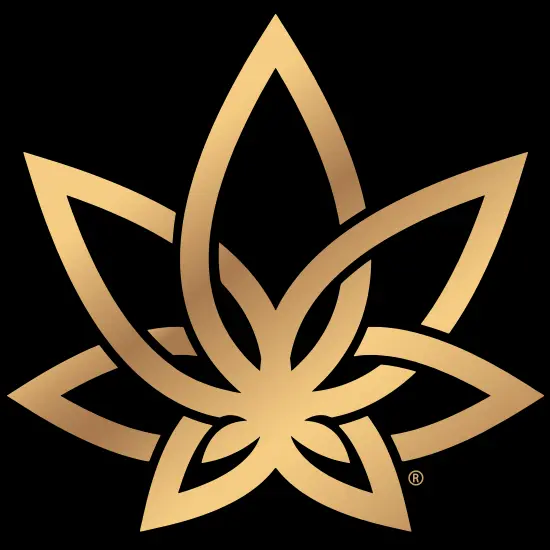Delta 8 THC
Delta 8 is Legal in More States Than You’d Expect
The US has a pretty confusing set of laws when it comes to hemp and cannabis. The disconnect between state and federal regulation can make it difficult to know which cannabinoids are allowed in which parts of the country — and getting it wrong can be costly.
THC is especially tricky. Delta 8 THC is federally legal, making it legal in any state that doesn’t specifically prohibit it. This is the exact opposite of the active ingredient in cannabis, delta-9 THC, which is federally banned and must be legalized in any state that wants to grow and sell it.
With that in mind, this post is going to break down exactly which states allow delta 8, and which have taken measures to ban it.
Delta 8 is Significantly More Widespread Than Cannabis
Delta-8 is a natural version of THC found alongside delta-9 in the cannabis plant. The two are similar, but delta-8 is significantly less psychoactive. This makes it far less intoxicating.
This difference in potency is a big part of the reason delta-8 was freed from the Federal Controlled Substance List two years ago, while delta-9 stayed tightly regulated.
The 2018 Farm Bill had language that kept delta-9 illegal, but removed most of the other cannabinoids from that same classification, including delta 8.
For the first time since cannabis prohibition began, delta 8 THC could be legally enjoyed nationwide. This proved a major win for any citizens who wanted the benefits of THC, but didn’t have access to cannabis otherwise.
Here are the States that Banned Delta-8
A small handful of states quickly put in their own countermeasures against making and selling delta-8.
Those eleven are: Alaska, Arizona, Arkansas, Colorado, Delaware, Idaho, Iowa, Missouri, Montana, Rhode Island, and Utah.
The bad news is anyone living in those states has effectively zero access to delta-8. But the good news is that the other 39 states have zero restrictions. And most of these states haven’t yet legalized cannabis, making delta 8 is the only access to THC they have.
For Delta-9, the chart is nearly perfectly inverted. Only 15 states have fully legalized cannabis. The rest are a mishmash of decriminalized, partially legalized, or banned entirely.
Delta-8 Has a Wide Range of Applications
The main appeal of delta-8 lies in its unique set of effects. From a scientific standpoint, these effects occur because of the way delta-8 binds with the receptors in your body. When ingested, delta-8 binds to two sets of receptors: the CB1 and CB2 receptors. By contrast, delta-9 THC only binds with the first set, the CB1 receptors. This set is responsible for the strong psychoactive effects.
The CB2 receptors more commonly bind with CBD, another popular cannabinoid. And the fact that delta-8 interacts with both the CB1 and CB2 receptors is what makes it so unique in the world of cannabis.
These interactions lead to a set of active effects unlike any other. Delta-8 reportedly boosts mood and energy. It is also said to offer uplifting, euphoric sensations that possess some of the traits of both CBD and THC.
Delta-8 can make users high, but in a much more alert and focused way. Most claim isn’t disorienting like delta-9, but the effects are reportedly much stronger than CBD. It is said to be a deep, fully-body sensation accompanied by a pleasant buzz.
For users seeking relief, delta-8 is a much more approachable way to feel the potential benefits of THC. And it is quickly growing in popularity for recreational users seeking a legal, functional alternative to cannabis.
Are you in a state where delta-8 is legal and cannabis is not? What do you use to get your THC fix? Let us know, and as always, be sure to check back for more delta-8 news and info. Or click HERE to read more informative delta 8 blogs.
